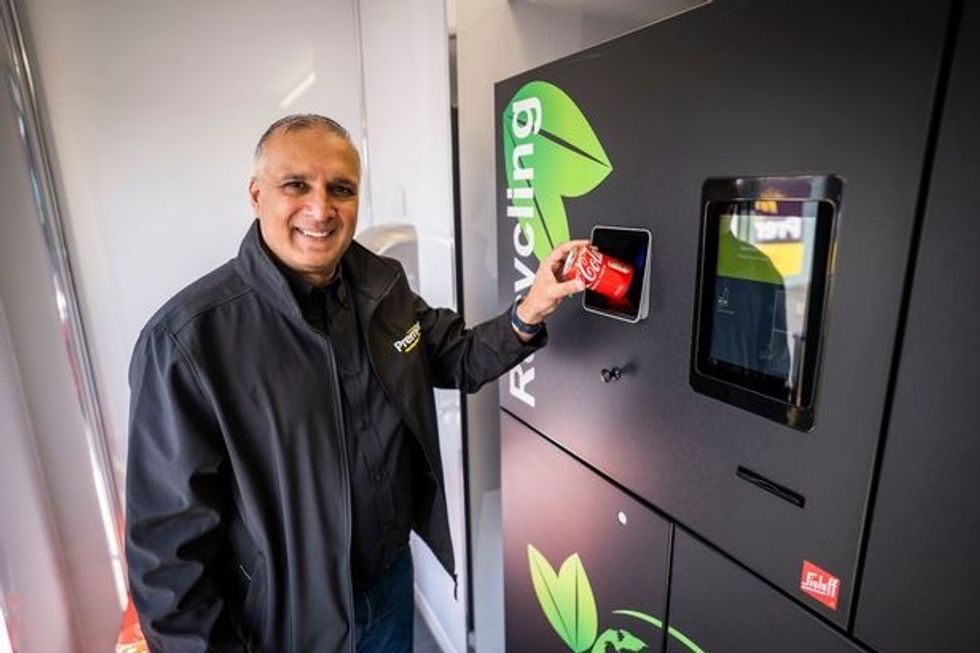The Scottish Grocers’ Federation called today for clarification about the arrangements for the proposed introduction of the deposit return scheme (DRS) in Scotland, this follows the recent decision by the UK Government to agree to a temporary exclusion under the UK Internal Market Act 2020 which would enable the Scottish DRS to launch ahead of the rest of the UK.
“Scottish Grocers’ Federation are committed to a fit for purpose, deposit return scheme and will continue to play our part in that process,” said SGF chief executive Dr Pete Cheema OBE in a statement:
“However, following the recent decision by the UK Government to allow an exemption from UK Internal Market Act (IMA) for the Scottish deposit return scheme and our subsequent group call along with other industry representatives with the Minister for the Circular Economy on 30th May, it will be essential that both Scottish Government and UK Government provide further clarity and certainty around what the future implementation of the scheme will look like as a result. From an industry perspective, the proposed removal of glass from the DRS will help simplify and streamline operational processes, as will the moves to standardise the deposit charge, bar codes and labelling across the UK, and arrangements around scheme membership.
“However, with the requirement now for nationwide UK SKUs, the producers of scheme articles will now have to review their decisions around range reduction for the Scottish Convenience Market. This will have a massive impact on the sector in terms of time to re-implement and re-range delisted SKU’s.
“All of this will require a complete reset of the scheme. It needs re-planning, it will require to be refactored and re-costed. Compensation will however be required for the changes, for example it is not simply a matter of removing glass from the scheme, given that many businesses will have made significant investment decisions and signed up to contracted commitments such as reverse vending machines. Indeed, the Scottish Government should have sorted the many outstanding issues with the scheme well before now, such as arrangements for price-marked-packs, VAT, online takeback and of course the required exemption from the IMA. This would have potentially avoided unnecessary expenditure.
“Given the extent of the changes being put forward it would, in our view, be necessary to review the current scheme implementation date of 1st March 2024, so as to enable those participating in the scheme, sufficient time to prepare and adapt to the new requirements. This would also provide an opportunity to resolve the outstanding issues for a simpler PET plastic, aluminium and steel can scheme.
“It is quite evident, that in order for the Scottish DRS System to be re-aligned with Westminster, it requires the UK Government to pass its own regulations, which have not been done to date.’’
The Federation of Independent Retailers (The Fed) also responded to the UK government’s announcement that the deposit return scheme in Scotland can only go ahead if glass bottles are excluded.

The Fed’s national deputy vice president Mo Razzaq said: “The Federation of Independent Retailers welcomes the proposal of a joined-up scheme for the UK as this is undoubtedly more practical for businesses and consumers alike.
“If glass is ultimately exempt from the Scottish scheme, it is vitally important that an alternative measure is introduced to ensure litter decreases and more bottles are reused. There is clearly headroom for improvement in Scotland's current level of success in reaching targets to curb waste of the earth's resources.
“If, in the end, the Scottish scheme omits glass, it is important that independent retailers who took out leasing contracts for complex machines to handle returned containers including glass, are compensated for their losses.”






